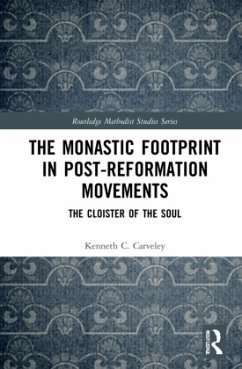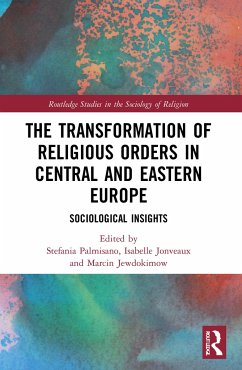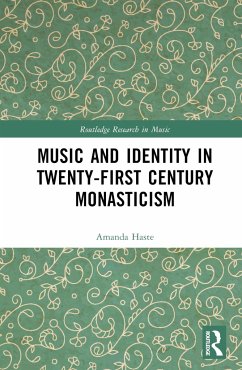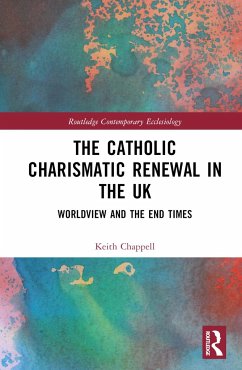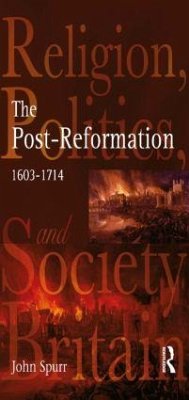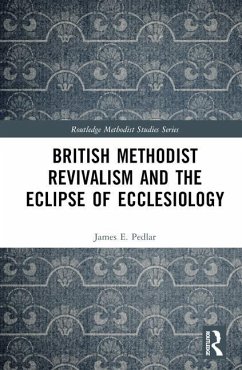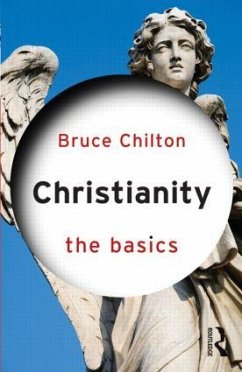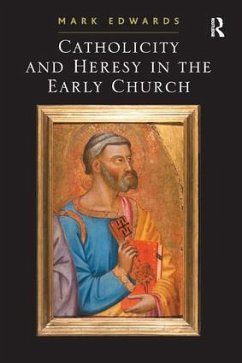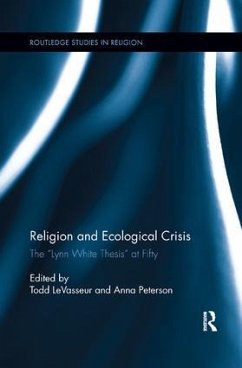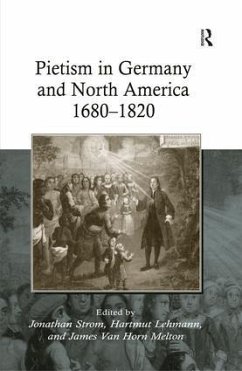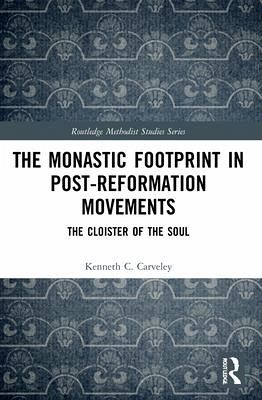
The Monastic Footprint in Post-Reformation Movements
The Cloister of the Soul
Versandkostenfrei!
Versandfertig in 6-10 Tagen
43,99 €
inkl. MwSt.
Weitere Ausgaben:

PAYBACK Punkte
22 °P sammeln!
This book examines the influence of the monastic tradition beyond the Reformation. Where the built monastic environment had been dissolved, desire for the spiritual benefits of monastic living still echoed within theological and spiritual writing of the seventeenth and eighteenth centuries as a virtual exegetical template. The volume considers how the writings of monastic authors were appropriated in post-Reformation movements by those seeking a more fervent spiritual life, and how the concept of an internal cloister of monastic/ascetic spirituality influenced several Anglican writers during t...
This book examines the influence of the monastic tradition beyond the Reformation. Where the built monastic environment had been dissolved, desire for the spiritual benefits of monastic living still echoed within theological and spiritual writing of the seventeenth and eighteenth centuries as a virtual exegetical template. The volume considers how the writings of monastic authors were appropriated in post-Reformation movements by those seeking a more fervent spiritual life, and how the concept of an internal cloister of monastic/ascetic spirituality influenced several Anglican writers during the Restoration. There is a careful examination of the monastic influence upon the Wesleys and the foundation and rise of Methodism. Drawing on a range of primary sources, the book will be of particular interest to scholars of monastic and Methodist history, and to those engaged in researching ecclesiology and in ecumenical dialogues.





